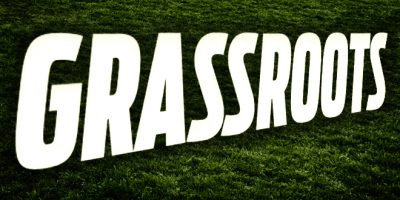 Matters are, I think, coming to a head regarding the Rugby Football League’s bid to impose membership fees on amateur players from next year.
I’m getting some interesting correspondence on the subject, notably last week from a leading figure at club level who believes that the RFL’s plans have been prompted by a financial position he descr
Matters are, I think, coming to a head regarding the Rugby Football League’s bid to impose membership fees on amateur players from next year.
I’m getting some interesting correspondence on the subject, notably last week from a leading figure at club level who believes that the RFL’s plans have been prompted by a financial position he descr Talking Grass Roots: Old sores reopen over amateur fees battle
 Matters are, I think, coming to a head regarding the Rugby Football League’s bid to impose membership fees on amateur players from next year.
I’m getting some interesting correspondence on the subject, notably last week from a leading figure at club level who believes that the RFL’s plans have been prompted by a financial position he descr
Matters are, I think, coming to a head regarding the Rugby Football League’s bid to impose membership fees on amateur players from next year.
I’m getting some interesting correspondence on the subject, notably last week from a leading figure at club level who believes that the RFL’s plans have been prompted by a financial position he descr 